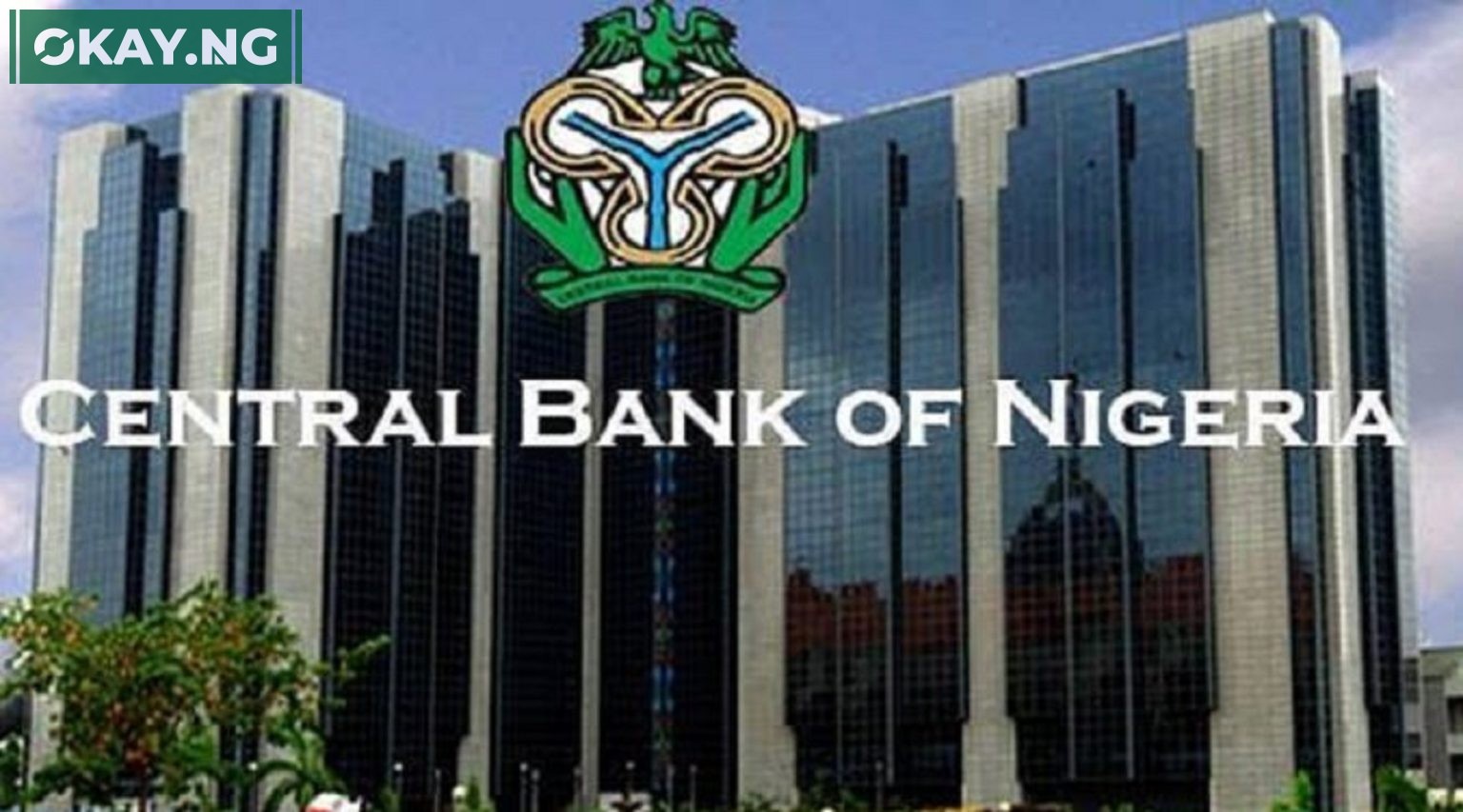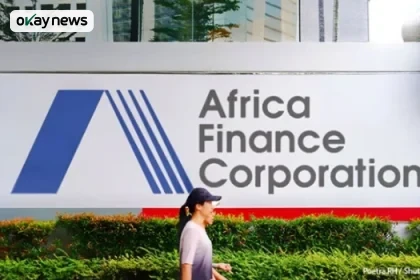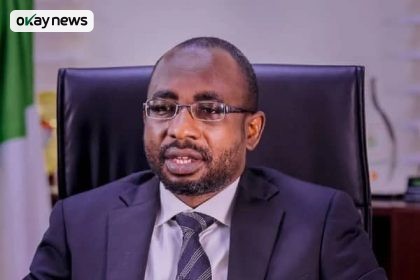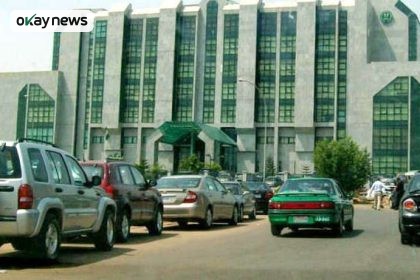The Central Bank of Nigeria (CBN) has said it is closely monitoring banks that are still working to meet the new recapitalisation requirements.
Acting Director of Corporate Communications, Hakama Sidi Ali, disclosed this during the “CBN Special Day” at the 20th Abuja International Trade Fair, stressing that the apex bank under Governor Olayemi Cardoso remains committed to strengthening the financial system and addressing macroeconomic challenges.
She noted that 14 banks have already met the new minimum capital base for their operations, while others are being supervised to ensure full compliance.
According to her, the recapitalisation exercise forms part of the CBN’s broader efforts to secure the financial system, enhance productivity, and protect the economy against external shocks.
“The CBN has continued to sustain a stable and sound banking sector despite prevailing macroeconomic pressures, ensuring that most financial soundness indicators remain within prudential benchmarks,” she stated.
Sidi Ali added that the CBN’s Payment Systems Vision 2028 is driving innovation in the financial sector, aimed at expanding inclusion, improving transaction security, and reducing downtime across the payment network.
She also disclosed that Nigeria’s external reserves rose to $43.05 billion as of September 11, 2025, up from $40.51 billion in July, reflecting improving economic resilience.
On currency management, she urged Nigerians to maintain clean Naira notes and desist from mutilation, hawking, or abuse of the currency.
Director General of the Abuja Chamber of Commerce and Industry, Agabaidu Jideani, commended the CBN for supporting business growth through credit access, intervention funds, forex management, and financial inclusion strategies.
He said initiatives such as the Open Banking Framework, contactless payments, and fintech regulatory sandbox have improved transparency and access to finance, particularly for MSMEs.
Jideani added that the Bank’s targeted interventions in key sectors like agriculture, healthcare, and housing continue to promote inclusive and sustainable economic growth.







